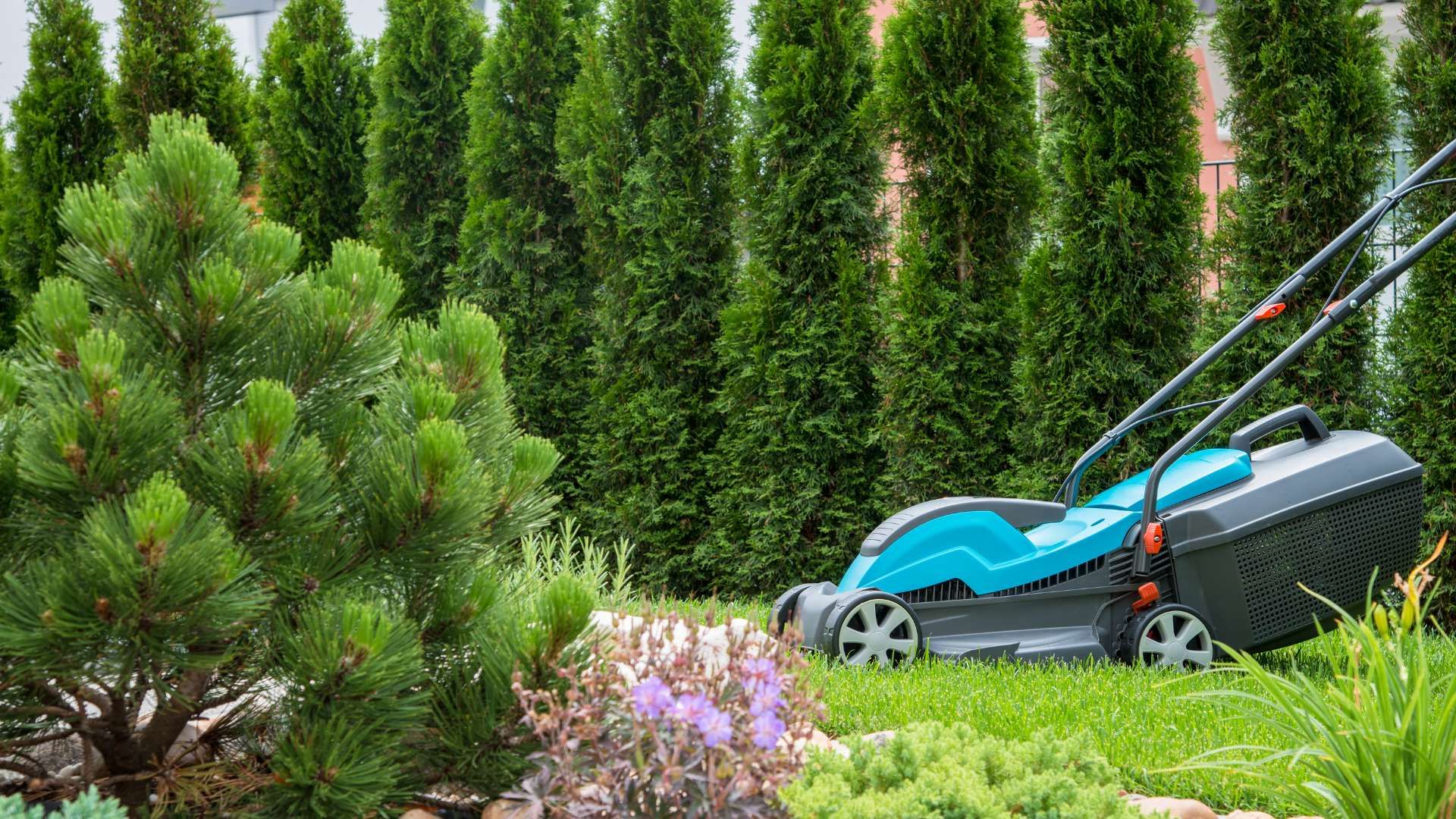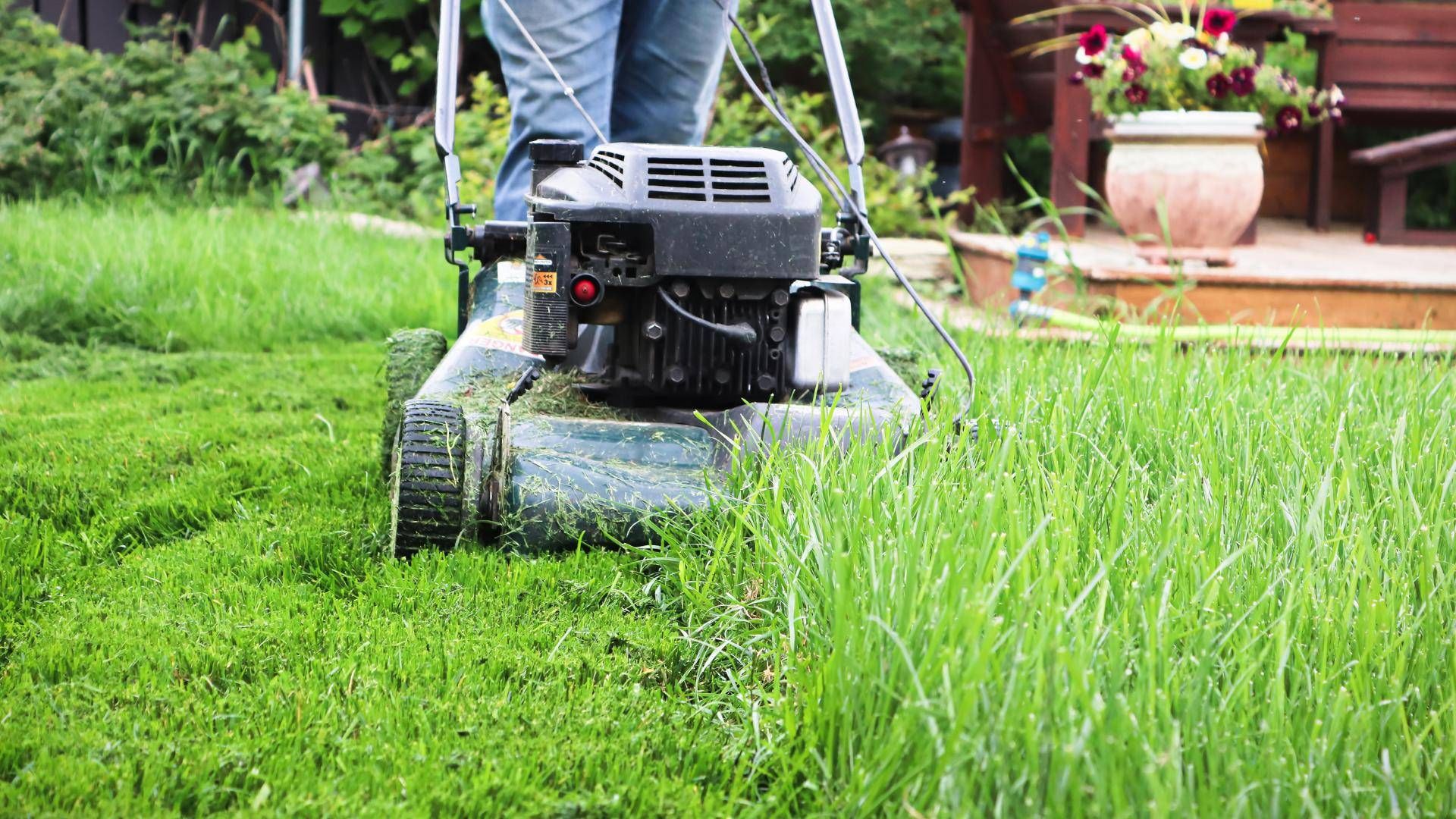
Picture the scene. The sun is setting on another hot summer’s day. Your friends are over, enjoying a barbeque and perhaps a few beers in the hot tub. The kids are playing on the trampoline you’ve just sunk into the lawn. It’s someone’s birthday so the karaoke machine comes out. Music and laughter fill the air well into the night.
Or perhaps it’s Guy Fawkes night. You’ve built the biggest bonfire yet. Rockets, bangers and roman candles are being lit. The shed gets a little scorched when a flame burns too close. A sparkler is dropped and the artificial grass melts a little. Before long it’s 1am and there are enthusiastic goodbyes as people make their way home.
Sounds like idyllic fun but both scenarios could land tenants in serious hot water as there is potential to breach a tenancy agreement.
The unwritten garden rules tenants should follow
Renters are expected to act in a ‘tenant-like manner’ and that means undertaking small maintenance jobs inside the property and outdoors too. In fact, a poll by the Tenancy Deposit Scheme (TDS) found garden maintenance was one of the top five reasons for deposit disputes. The TDS identified the top garden issues as damage from weeds, overgrown lawns, overgrown trees and bushes, and damaged fencing.
Basics to avoid deposit disputes include:
Cutting the grassweeding flower beds, paths and patios
Sweeping up leaves
Pruning small hedges and large plants
Keeping gardens and driveways free of rubbish
Disposing of waste responsibly
Notifying the landlord or property manager of any issues that become hazardous or need specialist attention
What is specifically prohibited?
A landlord can use the tenancy agreement to specifically set out what is not allowed in their garden. It is common to prohibit any outside alterations and any changes proposed will need a landlord’s consent. Forbidden activities can also include:
Removing trees, plants and shrubs
Laying artificial grassdigging new flower beds and vegetable patches
Installing a deck or patio
Installing a shed, garden room or outdoor bar
Lighting bonfires and letting off fireworks
Other, more unusual, prohibitive clauses can also include no hot tubs, built-in barbecues or sunken trampolines, and no feeding of wildlife. There can also be covenants that ban tenants from drying their laundry outside. This is particularly true for those living in flats with balconies, and for those who share a communal garden.
The wider law
Anti-social behaviour in gardens is one of the most common complaints made by neighbours. Earlier this year, the Prime Minister said in the future, landlords would find it easier to evict nuisance tenants by broadening the definition of ‘anti-social behaviour’. Grounds for complaint can include but are not limited to:
Burning hazardous materials that produce smoke and fumes
Running a business from a garden
Excessive rubbish and fouling
Illegal or unauthorised activities
Failing to report or remove invasive plants, such as Japanese Knotweed
Noise nuisance from playing loud music
Impolite or illegal parking
Uncontrolled animals, stray dogs, barking and intimidation by an animal
Trespassing on a neighbour’s property or land
Unplanned and spontaneous parties that encroach on the street, especially those where street drinking occurs
Inappropriate use of fireworks, including the noise created by fireworks
What is a landlord responsible for?
Any garden work that presents a safety risk, needs specialist equipment or expert knowledge is generally the responsibility of the landlord. This could include but is not limited to:
Pruning trees
Trimming very tall hedges
Maintaining additional land belonging to the property
Repairing/replacing boundary fences/wallsRepairing/replacing decking, patios, and other aspects of hard landscaping
Clearing and replacing gutters, drains and downpipes when the structure of the property is compromised.
If you need further clarification on matters of garden maintenance and interpreting a tenancy agreement, please contact us today.
Share this article
More Articles
Sign up for our newsletter
Subscribe to receive the latest property market information to your inbox, full of market knowledge and tips for your home.
You may unsubscribe at any time. See our Privacy Policy.



